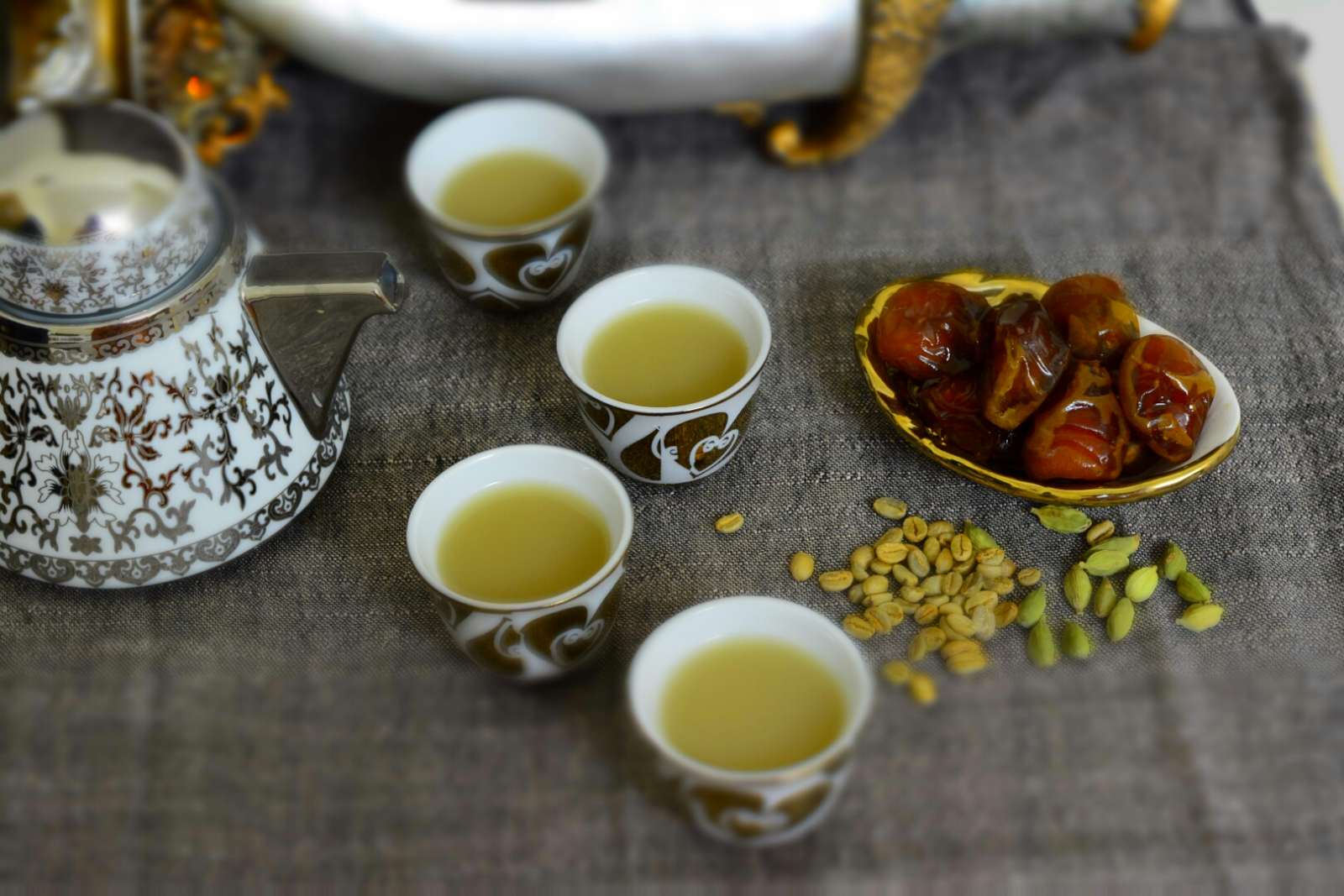The Emblem of Arab Hospitality
Gahwa, commonly known as Arabic Coffee, is more than just a beverage in Arab culture; it’s a symbol of hospitality, respect, and tradition. Distinct from the familiar Western-style coffee, Gahwa is an integral part of social gatherings, family events, and official functions across the Arab world. This comprehensive guide delves into the essence of Gahwa, exploring its history, traditional preparation, serving rituals, cultural significance, and variations across different Arab countries.
The History of Gahwa
The origins of Gahwa can be traced back to the 15th century in the Middle East. It began as a cultural phenomenon in Yemen and quickly spread across the Arabian Peninsula. Unlike the strong and dark coffee known in the West, Gahwa is a lighter and more aromatic brew, often infused with spices. Its popularity grew not only as a delightful drink but as a social connector, fostering communication and camaraderie.
Ingredients and Preparation
Gahwa is a unique blend of lightly roasted coffee beans and traditional spices. Here’s an insight into its ingredients and preparation:
Ingredients
Key ingredients of Gahwa include:
- Lightly roasted Arabica coffee beans
- Cardamom
- Cloves (optional)
- Saffron (for color and aroma)
- Rosewater (optional)
Preparation
Preparing Gahwa is an art form, often done with great care and attention to detail:
- The coffee beans are lightly roasted, then ground into a fine powder.
- Ground cardamom and other spices are mixed with the coffee.
- The mixture is brewed in a traditional pot called “Dallah” over low heat.
- Saffron and rosewater may be added for additional flavor and aroma.
- The coffee is simmered until it reaches the desired strength and is then poured into a coffee pot for serving.
Serving Rituals and Etiquette
Serving Gahwa is accompanied by specific rituals and etiquette, reflecting the values of hospitality and respect:
Serving Vessels
Gahwa is served in a traditional coffee pot called “Dallah” and poured into small cups called “Finjan.” These vessels often feature intricate designs and are a symbol of status and tradition.
Serving Order
The coffee is served to guests in order of seniority, starting with the elders and moving down the hierarchy. It’s a sign of respect and acknowledgment of social status.
Refills and Ending the Ritual
Guests are typically offered multiple refills. To signal that they have finished, they gently shake the cup from side to side. Offering only one cup may be considered impolite.
Cultural Significance
Gahwa holds a special place in Arab culture, symbolizing hospitality, trust, and unity. It’s a vital part of social interactions, business meetings, and family gatherings. The rituals surrounding Gahwa foster a sense of community and reinforce cultural identity.
Variations Across the Arab World
While the essence of Gahwa remains consistent, different Arab countries have their unique variations, reflecting regional tastes and traditions:
- UAE: Known for its rich cardamom flavor.
- Saudi Arabia: Often flavored with cloves and saffron.
- Oman: Sometimes infused with rosewater or dried limes.
- Qatar: May include hints of cinnamon or nutmeg.

Arabic Coffee
Gahwa (Arabic Coffee) is a multifaceted beverage that transcends its taste and aroma to become a symbol of Arab culture and hospitality. Its traditional preparation, serving rituals, and cultural significance make it a unique experience, reflecting the richness of Arab heritage. Whether enjoyed in a Bedouin tent or a modern Arab home, Gahwa continues to be a cherished tradition that unites people, fosters relationships, and honors the values of respect and community.
